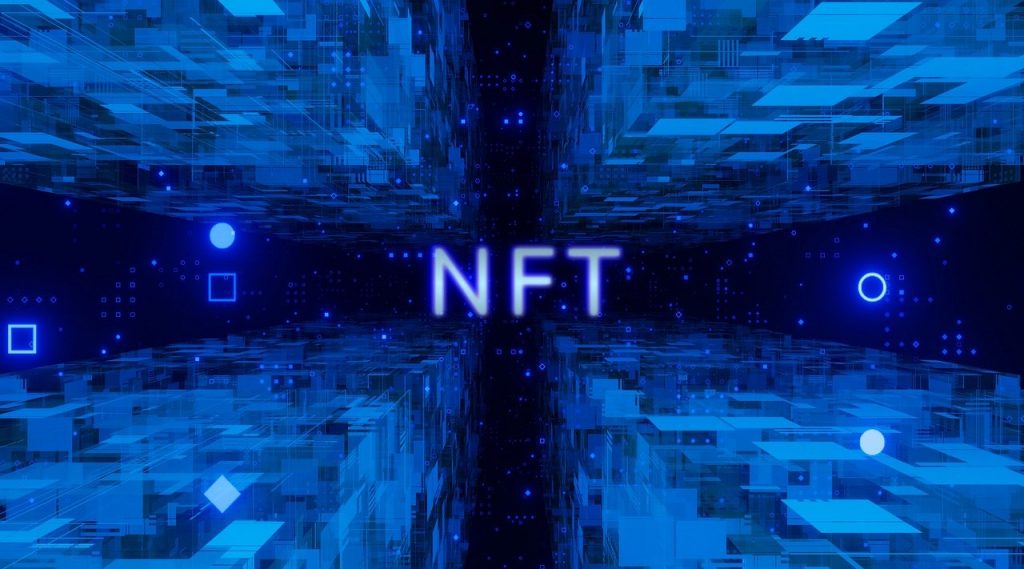After a rapid technological revolution, such terms as cybersecurity, NFT, smart contracts, etc. have appeared in our everyday life.
But what connection do they have with each other? They are all components of blockchain technology, and the error of one element affects another. However, any vulnerabilities can be avoided with timely audits and NFT cybersecurity improvements. So, let’s find out more about this.
What Is the Relationship Between NFT and Smart Contracts?
Non-fungible tokens mean a kind of NFT that testifies to the ownership of digital assets. It can also be together with other crypto coins but without interchangeability. NFT allows its creator to earn from the first seconds and can be represented as objects of the real world (real estate, paintings, sculptures, etc.). Each type of cryptographic token is unique. Therefore, you will not find two identical NFTs in the blockchain world.
It is customary to consider smart contracts not as a contract themselves but as special programs that help simplify the activities of commercial enterprises. They operate on blockchain nodes. A smart contract is a working place for the NFT, and you need to transfer or confirm ownership. In other words, the security of one directly affects the safety of the other.
These two blockchain elements can be built into each other. And a security audit can help identify errors and correct them for proper functioning. The smart contract code and NFT facts live in a pre-selected Ethereum trade. For example, they are granting partial access through a contract.
Common Risks for NFT and Smart Contract
Security experts have identified what and how is most often exposed to risks on NFT platforms.
- A phishing attack can steal your crypto wallet through fake websites, text messages, or emails. Hackers may ask you to follow the link, connect, sign, or confirm the transaction, and point to the private key in the wallet. But in fact, the transaction is the transfer of assets to the hacker’s account.
- Stealing sensitive information through uploading illustrations with malicious codes and profiles without two-factor authentication, etc. So, make sure that you visit the official social media or Internet shop website.
- We have regulations for digital ownership but not for its NFT transactions. So, hackers are interested in stealing the picture and selling it on another platform. And verification of the asset’s ownership is no easy task on the blockchain.
As a result, you will suffer financial and reputational damage if you do not take action in advance and do not make sure that your products are reliable. Again, the auditing process can help you in this.
What Is NFT Audit?
NFT smart contract needs protection, and the audit will conduct a full review of disagreements and errors and make working recommendations for their elimination. The audit process is undertaken by professional programmers who review and test the code for hacker attacks, including reentry and front-running.
It would seem that harmless errors can be the weakest link in a smart contract, so it is better not to let them work. So, an NFT audit will protect users and future NFT owners from external attacks and possible malicious behavior by the original seller.
How Can Smart Contract Audits Help in NFT Project?
Your blockchain elements may face many threats that can be mitigated with timely validation. Therefore, a mandatory recommendation is a comprehensive professional assessment to identify potential hazards in your reasonable contracts. The final goal is to make sure that the code is bug-free and will behave appropriately with the help of security measures in any situation.
The main elements of NFT audits:
- Testing
- Automated analysis
- Manual analysis
- Final audit report with recommendations
Replacing any code elements when the data that are already entered into the blockchain is not possible. Therefore, it is worth thinking about the audit even during the project’s development.
Conclusion
Developing or investing in NFTs has become quite a fashionable trend. Therefore, you need to protect your assets in either of the two options and not add to the list of projects that have become victims of hacker attacks. In addition, a smart contract audit can save you from significant losses.

